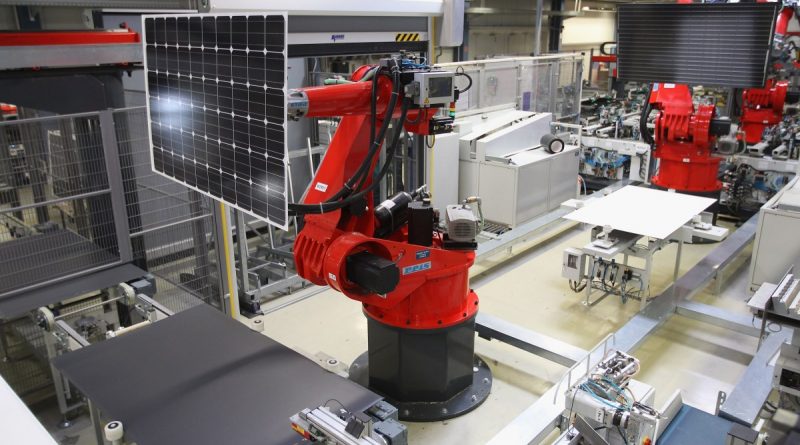US Manufacturing Investments Drop as Clean Tech Projects Face Cancellations
During the second quarter, the U.S. experienced greater cancellations of clean tech manufacturing investments compared to new announcements, based on a recent report from the Rhodium Group and MIT. Projects totaling $5 billion were cancelled, while only $4 billion in new investments were disclosed.
Additionally, real clean tech manufacturing investments, beyond simple announcements, decreased by 15%.
This decline follows the GOP’s reconciliation bill, which removed critical components of the Inflation Reduction Act—legislation that had sparked a boost in manufacturing investments within the U.S. The cancellations last quarter were only surpassed by those in Q1 of this year, which also saw $7 billion in investments cancelled.
The report indicates that the most recent projects impacted were predominantly battery factories. The sector has encountered new obstacles as changes to the legislation weakened vital support for numerous projects, leading to reduced demand for electric vehicles and the elimination of production tax credits.
While Q1 cancellations largely centered on EV production, the majority of cancellations in Q2 were mainly from battery manufacturing. However, battery production remains a crucial source of new investments, amounting to $8 billion in the second quarter.
This downturn illustrates a wider contraction in manufacturing investments across the U.S. economy, as per data from the U.S. Bureau of Economic Analysis. Spending on new factory construction declined by about a quarter percent in both Q1 and Q2, marking the first consecutive declines since 2020.
Just two years ago, shortly after the Inflation Reduction Act was enacted, the situation was significantly different. New manufacturing structure investments surged to 2.22%, the largest increase in new investments since 1978.
Techcrunch event
San Francisco
|
October 27-29, 2025
This report emerges as the U.S. economy unexpectedly expanded in Q2, with gross domestic product rising by 3.3%, an increase from the initial estimate of 3% by the Bureau of Economic Analysis. However, if the decline in manufacturing investment continues, the long-term stability of the economy may not be as strong as it appears.



